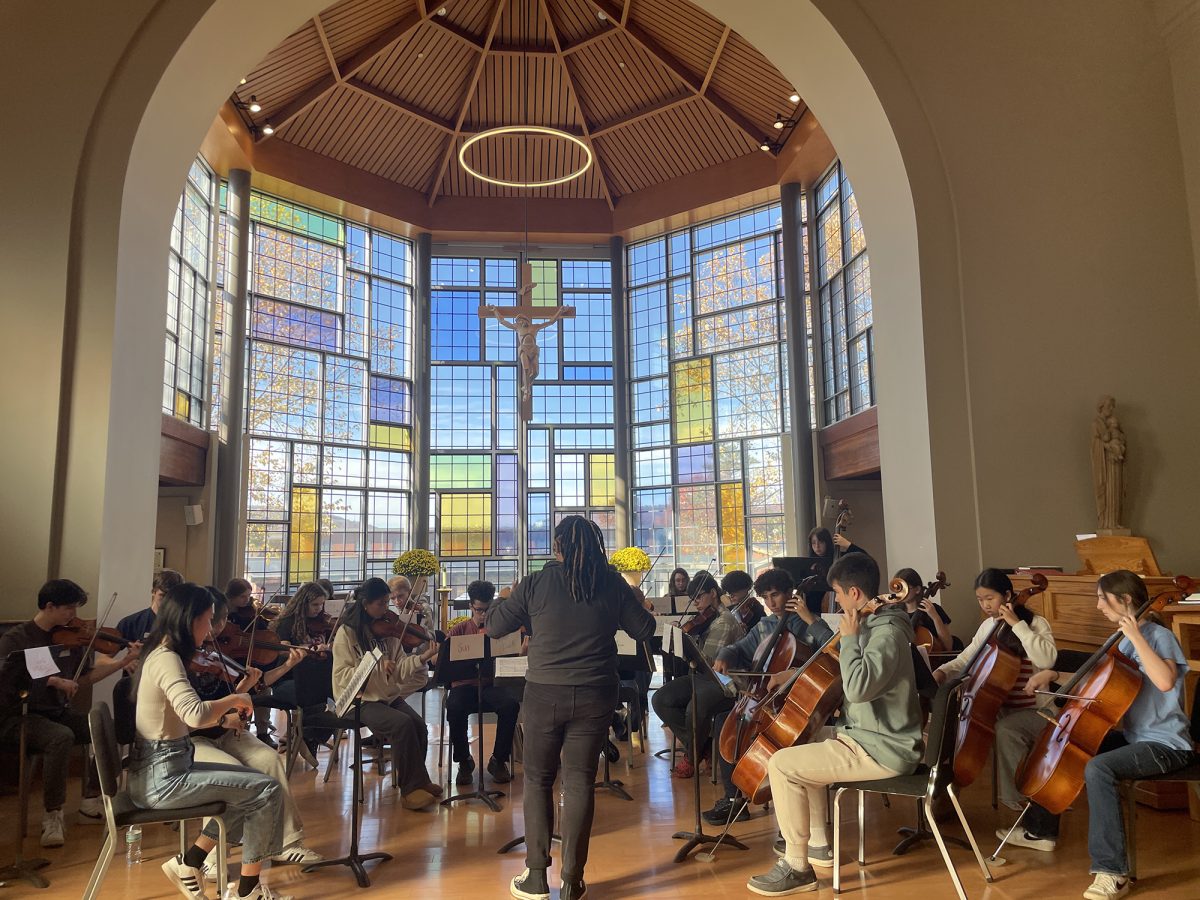The federal Office for Civil Rights (OCR) has long served as a safeguard for students, ensuring schools uphold the civil liberties of every individual, regardless of race, gender or disability.
For many high school students, the presence of an OCR agreement offers a sense of protection and stability, a reassurance that their rights won’t be violated. The district’s agreement outlines responsibilities the district has to follow and protocols about trangender students having equal access to bathrooms and locker rooms. The agreement also provides the opportunity for students to change their name and gender in both Power School and the yearbook.
I personally believe these are common rights, so why do we as a nation even attempt to strip freedoms away from our students? What about the students who live with the constant threat of discrimination at the hands of not just their school boards, but state governments like Pennsylvania’s and a federal administration, such as Trump’s?
For them, the document isn’t just a policy, it’s a lifeline. When that lifeline is ignored, undercut or dismantled, those students are left vulnerable, unheard and unprotected in the very institutions meant to educate and empower them.
During a pivotal meeting held to focus on the OCR agreement on April 16, Delaware Valley School Board President Pam Lutfy firmly stated that the district would not withdraw from the OCR agreement without comprehensive legal counsel. Her declaration underscored the seriousness of the matter and the district’s acknowledgment of the legal and ethical weight the agreement carries. To reinforce this commitment, the board enlisted three seasoned attorneys, each with prior expertise in education and civil rights law, who broke down the complexities of the agreement and worked to ensure full transparency and understanding among board members and the public. Their presence signaled a deliberate and strategic effort by the district to approach the OCR agreement with the seriousness and accountability it demands.
While most board members supported continuing the OCR agreement, Carl Will, Brian Fells and Jack Fisher (who was absent from the meeting), remained defiantly opposed. But as the legal implications became clear, it was no longer something one could casually walk away from. Fells, however, seemed unfazed by legal reality, boldly dismissing expert counsel. It’s worth questioning the professionalism of Will, while multiple community members gave their testimonials, Will was on his personal phone, clearly disengaged from the conversation.






























